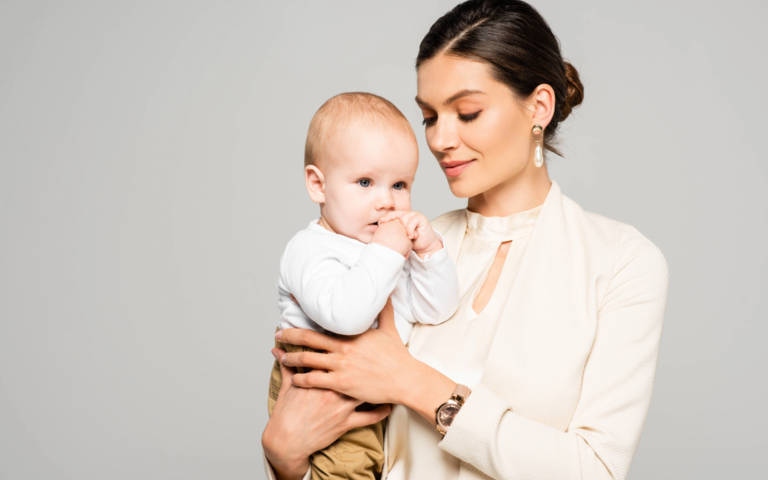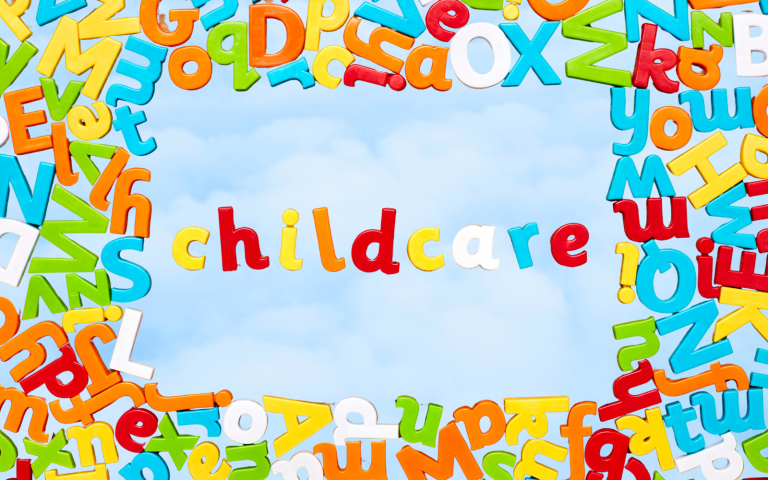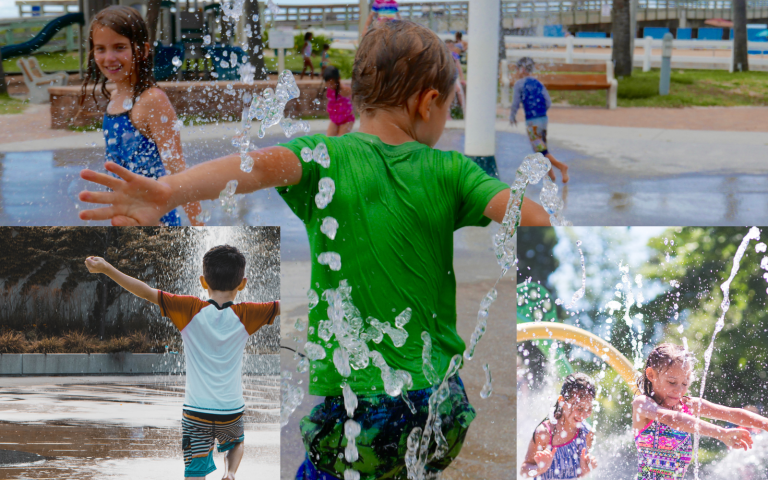Kindness: The Real Flex on the Playground
Let’s not pretend kindness is some advanced elective only elite children can handle. It’s basic. Like brushing teeth or not licking the grocery cart. When kids learn to be kind, life gets easier for everyone: fewer meltdowns, fewer mean-girl auditions, and fewer “we need to talk” emails from school.
Kindness builds real friendships.
Shocking plot twist: kids who listen, share, and don’t roast each other for sport make better friends. When kindness is normal, kids feel safe enough to be themselves instead of performing for laughs. Translation: more playing tag, less drama about who blinked at whom during math.
Kindness helps mental health.
Feeling seen matters. Small things count: saving a seat, offering a “you can sit with us,” checking on a kid who had a rough morning. Those moments say, “You belong,” which beats anxiety like a cheat code. Confidence grows where kindness lives. No glitter chart required.
Kindness shuts down bullying.
Bullies love an audience. They wither when peers say, “Nope.” A culture of kindness teaches kids to speak up, set boundaries, and loop in adults when needed. It’s not snitching; it’s maintenance. We all enjoy a playground with fewer fires to put out.
Kindness scales.
Teams, group projects, theater casts, future jobs. Everywhere. Kids who can read a room, include others, and give credit don’t just survive; they lead. “Please,” “thank you,” and “want to join us?” are not outdated. They’re the soft skills that get hard results.
How to Grow It (Without Turning Into a Hallmark Card)
- Model it. Your kid watches you more than they listen to you. Be decent to cashiers, coaches, and the driver who forgot blinkers exist. You’re building their default setting.
- Name it. “You noticed she was alone and invited her. That was kind and brave.” Label the behavior so they can repeat it on purpose, not by accident.
- Practice it. Role-play tricky moments. Equip them with short scripts: “Not cool,” “That’s unkind,” “Let’s do something else.” Confidence loves a plan.
- Make it a habit. Try a nightly “one kind thing” check-in. Keep it simple. Celebrate effort, not perfection. We’re raising humans, not trophies.
- Teach boundaries. Kindness isn’t people-pleasing. Kids can say no, walk away, and ask for help. Respect for self is part of the deal.
- Clean up the internet energy. Before posting, ask: “Would you say this with the person sitting next to you?” If not, delete like your future self is watching. Because she is.
Kindness isn’t soft.
It’s strength with manners. It’s how kids hold their own without steamrolling anyone else. And it stacks: kinder kids create steadier classrooms, calmer teams, and better days. No magic wand, just consistent choices.
So yes, teach math. Read the books. Memorize state capitals for reasons no one fully understands. But treat kindness as non-negotiable. It’s the real superpower, the one that works everywhere your kid will go.








